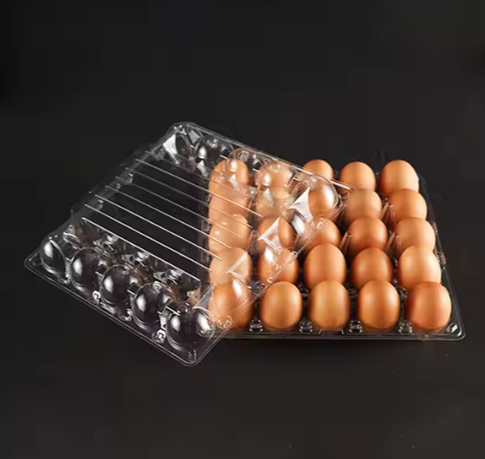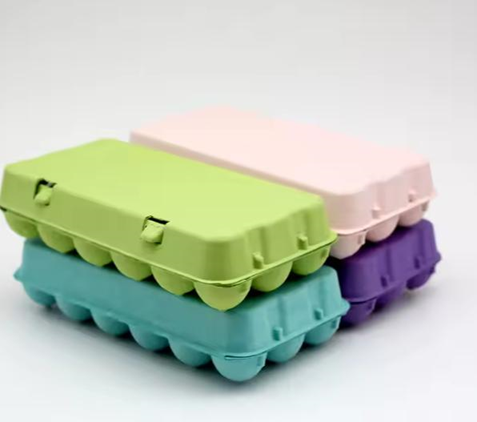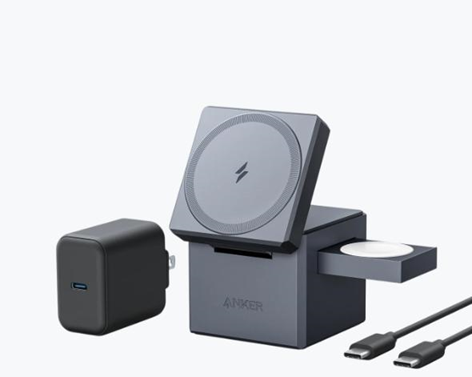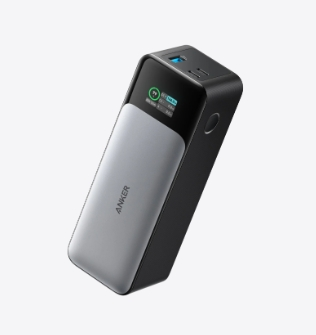How to Choose the Best Egg Cartons in Bulk for Packaging
Egg cartons are essential for anyone in the egg production and distribution industry. Whether you’re a small-scale farmer, a large poultry business, or managing a supermarket, there is high demand for reliable egg cartons. Buying egg cartons in bulk offers numerous benefits, including cost savings and consistent supply. This guide will walk you through selecting the best bulk egg cartons for packaging, considering material options, supplier tips, and key factors to ensure optimal protection for your eggs.

Why Choosing the Right Bulk Egg Cartons Matters
Choosing the right egg cartons is crucial for several reasons. First, they protect the eggs during transport and storage, reducing the risk of breakage and spoilage. Proper packaging can also present your product attractively, influencing customer perception and sales. Furthermore, the right egg cartons ensure compliance with regulatory requirements, guaranteeing food safety and environmental standards. By making informed choices, you can enhance your brand’s reputation and achieve long-term success in the market.
Types of Egg Cartons to Consider
Paper Egg Cartons
Paper egg cartons are a popular choice due to their eco-friendliness and recyclability. Made from recycled paper or molded pulp, these cartons are biodegradable and help reduce environmental impact. They provide a good level of protection and are suitable for various egg sizes. However, they may not be as resistant to moisture as other materials, which can be a consideration in humid environments.
Plastic Egg Cartons
Plastic egg cartons, typically made from PET or polystyrene, offer high durability and strength. They are less prone to moisture damage and provide excellent visibility of the eggs, which can be appealing to customers. Plastic cartons are also reusable and recyclable, but their production and disposal have environmental implications. Choosing recyclable plastics can help mitigate some of these concerns.
Foam Egg Cartons
Foam egg cartons are lightweight, economical, and provide excellent cushioning for eggs. They are generally made from polystyrene foam, which helps insulate the eggs and maintain temperature. However, foam is not biodegradable and poses environmental challenges. It’s essential to balance the benefits of foam cartons with their environmental impact and explore recycling options where available.
Key Factors to Consider When Choosing Bulk Egg Cartons
Material Strength and Durability
The strength and durability of the egg cartons are paramount, especially when handling large quantities or shipping over long distances. Evaluate the materials used in the cartons to ensure they can withstand handling and transport without compromising the safety of the eggs. Strong and reliable materials will minimize breakage and product loss.
Size and Capacity
Different markets and customers have varying preferences for egg sizes and carton capacities. Consider the size and capacity of the cartons to meet your specific needs and those of your clients. Offering a range of sizes can cater to different segments, from small family purchases to bulk buyers, increasing your product’s marketability.
Eco-Friendly Options
With increasing consumer awareness and regulatory pressure, eco-friendly packaging options are more important than ever. Look for egg cartons made from recyclable, compostable, or biodegradable materials. Sustainable packaging not only helps the environment but also appeals to eco-conscious consumers, enhancing your brand image.

How to Evaluate Suppliers for Bulk Egg Cartons
Reputation and Customer Reviews
Choosing a reputable supplier is crucial for ensuring quality and reliability. Research potential suppliers, read customer reviews, and seek recommendations from industry peers. A supplier with positive feedback and a proven track record is more likely to provide consistent and high-quality products.
Price vs. Quality Balance
While cost is a significant factor, it should not compromise quality. Compare prices from different suppliers, but also assess the quality of the cartons. Ordering samples can help you evaluate the materials, craftsmanship, and durability. Striking a balance between cost and quality will ensure you get the best value for your investment.
Customization and Branding for Bulk Egg Cartons
Adding Custom Branding
Custom branding on egg cartons can enhance brand recognition and loyalty. Collaborate with suppliers who offer custom printing and logo integration services. Well-branded packaging can differentiate your product on the shelves and provide valuable marketing opportunities.
Custom Sizes and Features
Depending on your market niche, you may require custom sizes or features in your egg cartons. Whether it’s larger compartments for specialty eggs or additional spaces for branding and information, working with suppliers who can accommodate your specifications will ensure your cartons meet your exact needs.
Shipping and Storage Considerations for Bulk Egg Cartons
Efficient Shipping Methods
Efficient shipping is key to maintaining the integrity of your egg cartons. Choose shipping methods that provide adequate protection and minimize transit times. Bulk shipments can often benefit from freight shipping, offering cost savings and streamlined logistics.
Proper Storage to Avoid Damage
Proper storage of egg cartons is essential to prevent damage and ensure they remain effective. Store them in a dry, clean, and temperature-controlled environment. Protect them from moisture, dirt, and physical damage to maintain their quality until they are needed for packaging.
Conclusion
Choosing the best egg cartons bulk cheap for packaging involves considering various factors, from material choices and supplier evaluation to customization and environmental impact. By making informed decisions, you can safeguard your eggs, meet customer expectations, and enhance your brand’s reputation. With the right approach, bulk egg cartons will become a valuable asset in your packaging strategy, contributing to your business’s success and sustainability.
Latest: Top Benefits of Optical Networking in Modern Communication
Next: How to Choose the Perfect Charger Plate for Your Event?








